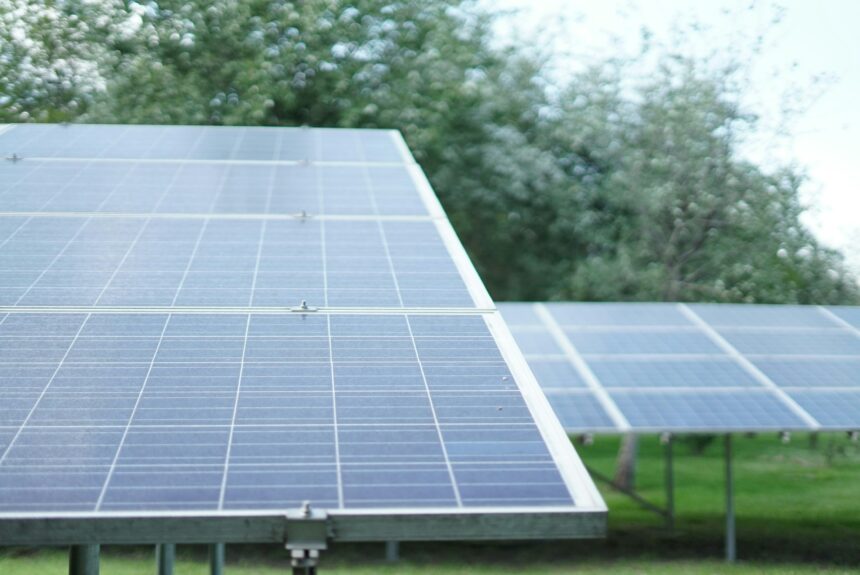In a move that will heighten trade tensions and increase costs for American consumers, the Biden administration announced more restrictive tariffs on Chinese products like solar panels, batteries, and electric vehicles (EVs). These tariff rates will quadruple to nearly 100%, according to The Wall Street Journal.
While the administration’s stated goal is to bolster domestic production, the tariffs are likely to slow the deployment of clean technologies. Protectionist policies like tariffs hurt consumers through higher prices and hamper industry innovation by restricting competition. To help American households and the planet, policymakers should embrace modernized regulations and open markets.
>>>READ: How Free Trade Helps the Environment
The announcement of the new tariffs is more election-year politicking as both Trump and Biden have said that they will wage a trade war to rally support from auto manufacturers and unions. Alluding to potential tariffs at a campaign stop in Pennsylvania, President Biden recently said, “These are strategic and targeted actions that are going to protect American workers and ensure fair competition.”
Since China owns over 80 percent of the rare earth mining and processing supply chain, policymakers are wise to take steps to move away from overreliance on Beijing. However, global trade is not what is preventing “fair competition,” outdated regulations are.
The U.S. has an abundance of untapped critical minerals necessary to make lithium-ion batteries, solar panels, and renewable power sources. Last year a discovery near the Nevada-Oregon border found a lithium deposit worth an estimated $1.5 trillion. Meanwhile, a retired coal mine in Wyoming was recently evaluated to hold one of the world’s largest shares of critical minerals with a valuation of $37 billion.
Despite America’s resource abundance, the U.S. has only one rare earth mine and zero processing facilities. While China’s monopoly on the supply chain and its subsidies for green energy production are partially to blame, outdated regulations and litigious activists have increased costs and discouraged domestic investment in American mining and processing.
The impact of unclear regulations stretches beyond mining and into the deployment of proven technologies. A POLITICO report noted that some major projects for EVs, batteries, solar, and wind that received federal backing are facing delays or cancellations due to lengthy environmental reviews and changing market conditions. Despite pumping billions of dollars through tax credits, subsidies, and grants into these technologies, slow implementation via tax guidance and regulatory red tape are creating a backlog of clean energy projects.
>>>READ: Shattering Barriers to Address Environmental Challenges
Higher tariffs could also disrupt existing supply chains. As Sen. Mark Kelly (D-Ariz.) said, “We’ve got a growing solar industry, not only in Arizona, but across this country. We can’t put ourselves in a situation that results in projects being shut down because they don’t have access to [solar panel] parts.”
Policymakers are right to be wary of China’s dominance of the clean energy industry, and the U.S. can move away from this overreliance by finding new trade partners, reforming regulations, and investing in other technologies. Unfortunately, the administration’s recent attempt to modernize the permitting process falls short of what is necessary and may make it harder and more expensive to build in the U.S. by imposing new restrictions.
If the Biden administration wants to deploy clean energy quickly and cost-effectively, it should turn to freer and more open markets. Tariffs will tax consumers, raise costs, and slow down implementation.
The views and opinions expressed are those of the author’s and do not necessarily reflect the official policy or position of C3.
